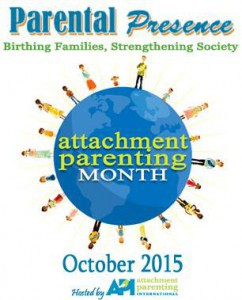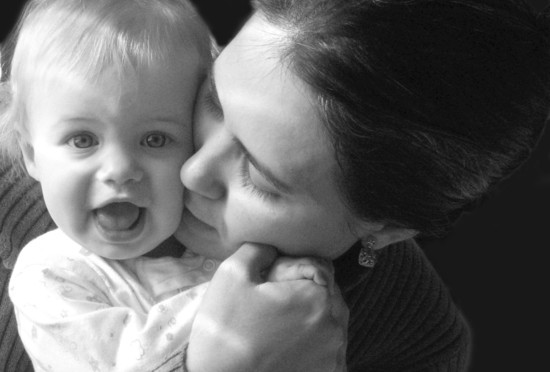 On occasion, we see a post circulating the Web about the cash-value of stay-at-home parents if they were paid the going rate for their hours “on the clock” and for the multiple, often-simultaneous roles they play, from “facilities manager” and “counselor” to “janitor” and “teacher.” According to one such post at Salary.com, the average stay-at-home parent is worth an annual salary of nearly $113,000.
On occasion, we see a post circulating the Web about the cash-value of stay-at-home parents if they were paid the going rate for their hours “on the clock” and for the multiple, often-simultaneous roles they play, from “facilities manager” and “counselor” to “janitor” and “teacher.” According to one such post at Salary.com, the average stay-at-home parent is worth an annual salary of nearly $113,000.
About the Author
Rita Brhel, CLC, API Leader, is the Editorial Director/ Publications Coordinator for Attachment Parenting International (API) and the Managing Editor for The Attached Family online magazine and APtly Said blog. She also writes for Mothering among other publications, and is a WIC Breastfeeding Counselor. She lives with her 3 children and husband near Fairfield, Nebraska, USA.
These types of analyses are meant to raise awareness of all that stay-at-home parents do, but they can also undermine the value of parental presence by underlining the fact that being at home doesn’t pay — well, not in terms of a paycheck.
But what Salary.com and other articles completely miss out on when bringing to light the worth of parental presence is that a parent’s choice to balance working outside the home with prioritizing the child’s attachment needs — which very much includes presence — is not so much a choice in lifestyle as it is critical to a child’s healthy development.
The parents who choose creative — sometimes career-sacrificing — options to be able to stay at home longer with their baby, or children, are not making that choice lightly. They know and understand their child’s needs, the consequences of their choices and the alternatives, in every sense.
Whether working outside the home or not, these parents understand that a parent’s presence is not a privilege for that child — it’s a necessity.
Attachment is that important.
Parents who make the choice to stay at home with their baby longer — choosing not to work, flex time, part-time, from a home office, working opposite shifts of their partner, bringing their baby to work with them, changing jobs or even careers, and so many other possibilities — need support.
They need encouragement to continue with their personal goals of providing parental presence. They need validation of how hard their choices were and of the challenges they’ve encountered because of it — perhaps financially, but likely more socially as it can be difficult to find others who can relate. They need people who’ve been there, done that — and came out the other side for the better.
Parents who are striving to balance financial/career needs with their child’s attachment needs — we celebrate you!
*Top photo source: Free Images.com/Joe Batluck


This is exactly how I feel. Thank you for writing this . It’s very hard sometimes because I’m well qualified and could potentially be earning. But I view the toddler and baby years as a time when a child needs their parent’s prescence, so I have made the societal and financial choices to stay at home. People look down on me for that choice. But to me it is a necessity that I am there for my baby. It’s really tough, with long days, no breaks, endless patience and no treats or financial rewards or free time. Why people think this is a lazy person’s choice beats me. There is verg little personal gain in it.